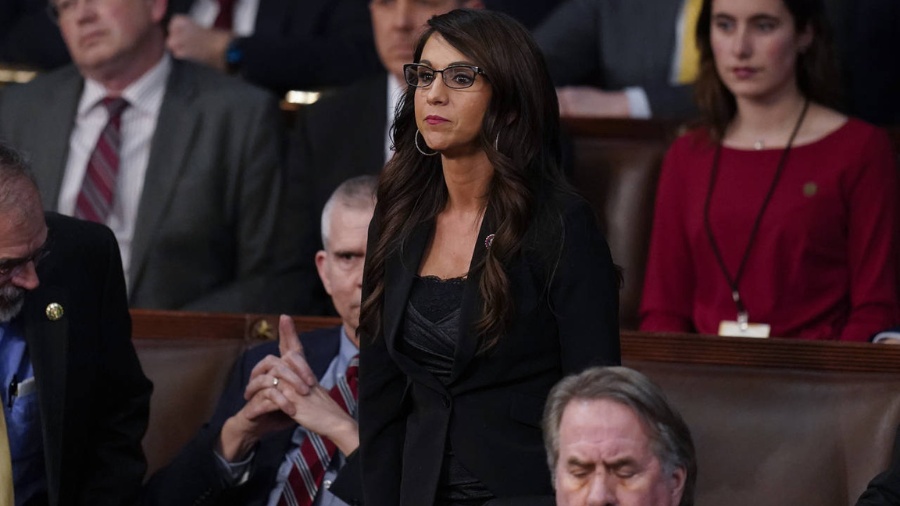Everett’s lawsuit against Purdue Pharma sounds more like a case against ‘El Chapo’
Mar 9, 2017, 12:12 PM
The City of Everett is blaming Purdue Pharma for the city’s opioid epidemic. If you read the lawsuit, it doesn’t sound like the city is suing a corporation as much as they are suing El Chapo.
Additional reading: City of Everett v. Purdue Pharma
The city says this pharmaceutical company was deliberately negligent in the distribution of Oxycontin and they want compensation for having to deal with the aftermath.
The charges are breathtaking.
“The lawsuit claims Purdue is responsible for knowingly, recklessly, and/or negligently supplying Oxycontin to obviously suspicious physicians and pharmacies and enabling the illegal diversion of Oxycontin into the black market,” former State Attorney General Rob McKenna explained. “It’s a strong claim, but this company has had trouble before.”
Indeed. When McKenna was attorney general he settled a lawsuit with the company in 2007 for not maintaining adequate control over suspicious order and for not notifying authorities for suspecting illegal activity.
And McKenna says Purdue is not free from another lawsuit — double jeopardy does not apply in this case.
“We settled litigation and they agreed to follow a set of regulations that involved tighter controls over who received the drugs they ship,” McKenna said.
Now, McKenna says, the City of Everett is claiming that Purdue has not complied with all those agreements and the company continues to allow their product to be diverted into the black market through suspicious pharmacies.
And that’s just the beginning. Other allegations against Purdue allege the company tried to expand the market for Oxycontin by engaging in campaigns to exaggerate the benefits and needs of the drug while minimizing the risks that go along with it. This could put Purdue on the hook for the expenses to the city, which are considerable – weaning people from drugs, rehab, police time. How high could it go?
The tab from the city could run into millions, McKenna says.
“Other communities have been devastated as well,” he added. “That could run into the billions and put them out of business or put them out of the business of making Oxycontin.”
Ross: Should doctors write the homeless prescriptions for housing in Seattle?
To be fair, Purdue did do some commendable things after McKenna’s lawsuit. That included reformulating the drug to make it impossible to crush and smoke.
“But, obviously, Everett believes they have evidence that [Purdue Pharma] continues to sell and abuse this drug,” he said.
On the other hand, while Purdue may have promoted it, they weren’t forcing anyone to use it or take it. Why wouldn’t this kind of approach be used against a gun manufacturer who may have noticed a pattern of sales to gangs? Or online retailers, who are selling drones to terrorists?
Pharmaceuticals, McKenna says, are regulated in a way that drones and handguns are not. If a gun manufacturer was looking the other way while guns were being diverted to gangs they might face claims. He says online retailers probably wouldn’t.
“I don’t know if Everett will be able to win or not, but we’ll see if Purdue can make its own case or not,” he said.
The lawsuit will likely take years.














